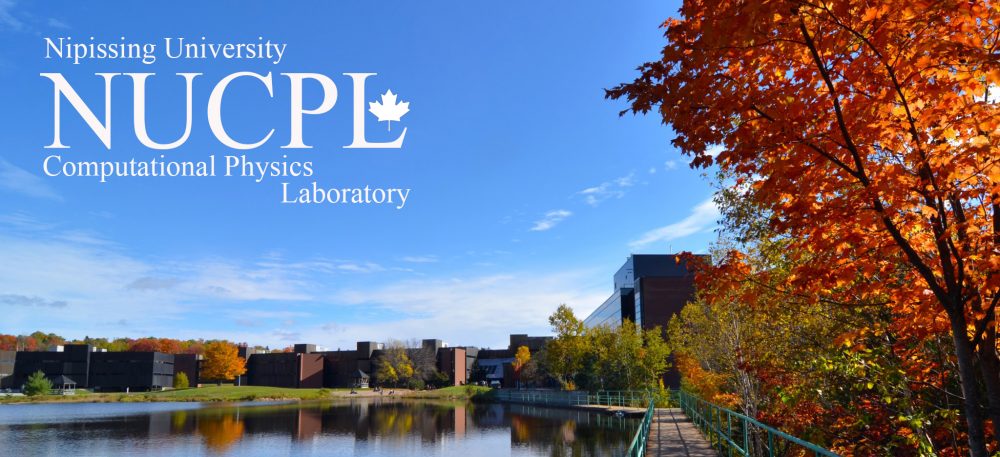Mathematics courses
MATH 3266: Differential Equations I (Fall-2025)
MATH 3267: Differential Equations II
MATH 1046: Introductory Linear Algebra (Winter-2026)
MATH 4496: Senior Research Project I
MATH 4497: Senior Research Project II
MATH 5236: Advanced Numerical Methods (Graduate course)
MATH 6206: Graduate Seminar in Mathematics I
MATH 6207: Graduate Seminar in Mathematics II
Physics courses
A Minor in Physics is available and students need to achieve a minimum 60% average in the 18 credits presented for the Minor as outlined below.
PHYS 1006 General Physics I: Mechanics 3cr (Fall-2025)
PHYS 1007 General Physics II: Mechanical Wave, Fluid Mechanics and Thermodynamics 3cr (Winter-2026)
12 credits from the following upper year Physics courses.
PHYS 2006 General Physics III: Electromagnetism 3cr
PHYS 2007 General Physics IV: Optics and Introduction to Modern Physics 3cr
PHYS 3006: An Introduction to Quantum Physics 3cr
PHYS 3007: Computational Physics 3cr
PHYS 2016: Biophotonics 3cr (New*)
PHYS 3016: Sensors: Industrial and Diagnostic Applications 3cr (New*)
Minor in Physics Course Rotation: In order to make the required courses available without increasing the total number of courses taught every year the following course schedule is proposed:
Every year: PHYS 1006 (F) PHYS 1007 (W)
Odd years: PHYS 2006 (F) PHYS 3007 (W) PHYS 2016 (F)
Even Years: PHYS 2007 (F) PHYS 3006 (W) PHYS 3016 (W)
This schedule will allow a student to easily complete the necessary courses for a minor in Physics over the course of a three or four-year degree. The second-year courses cover different material, and neither is a prerequisite for the other, allowing them to be completed in any order. Additionally, the 2nd and 3rd year courses are paired so that the 2nd-year course offered in the fall provides sufficient preparation for the 3rd-year course offered in the winter term.
Ideally, students would complete the PHYS 1006 and 1007 courses in their first year, and then either 2006, 2016, or 2007 in their second year. In the third year, they would then take the remaining 2nd-year course and their first 3rd-year course. Subsequently, they would take the remaining 3rd-year course in their fourth year. Alternatively, students wanting to complete the minor in three years could take the offered 2nd and 3rd-year courses in their second year and then the remaining courses in their final year.
We also offer the following course for non-science students:
GSCI 1010 Contemporary Physical Science: General Science Courses
